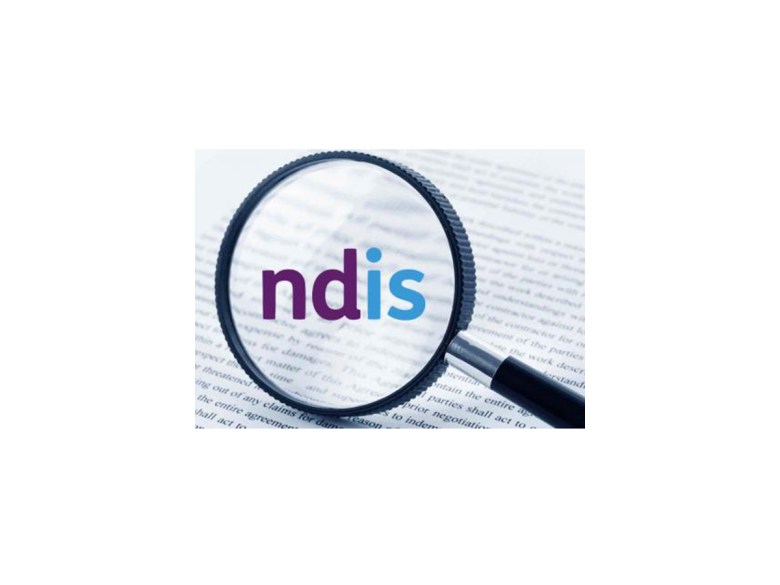This year’s NDIS Annual Pricing Review recommends price changes for various types of therapy.
The change has angered many in the disability community and sparked another crisis for the beleaguered scheme.
The review was released this week, with the NDIS making a number of recommendations on pricing across the scheme.
Some of the more controversial changes are around reducing price limits for therapy services, ostensibly to bring charges into line with those paid by other Australians through Medicare or private health insurance.
But advocates claim this will directly impact families – and that the decision was made without consulting with the sector.
“Crisis” and “collapse”
In a statement on LinkedIn, the Australian Neurodivergent Parents Association called the decision a “crisis” and warned this could lead to the collapse of the allied health sector.
“Small providers may be forced to close. Disabled people will lose choice and control. Your local OT, physio or dietitian could shut their doors,” the organisation said.
Peak body Speech Pathology Australia has also warned about the impact of the changes to therapy prices.
The organisation called on the National Disability Insurance Agency (NDIA) to consult with the sector and reconsider the changes to ensure that “pricing reflects the true cost of care”.
“These pricing recommendations risk limiting participants’ access to vital speech pathology services,” said Speech Pathology Australia President, Kathryn Mckinley.
“There was no formal or public consultation with peak bodies during this year’s pricing review. Despite our best efforts to respond to ad hoc enquiries from the NDIA, once again, our advice has been disregarded.
“Speech pathologists are firmly committed to providing safe, high-quality care when and where participants need it. But rising cost pressures threaten market viability. Without fair price limits, some providers may be unable to continue delivering NDIS services – risking participant access to vital speech pathology support.”
“People with disability will miss out”
Occupational Therapy Australia (OTA) joined the protests, slamming the lack of consultation with the sector and adding the NDIA’s decision would destabilise Australia’s strained workforce of occupational therapists (OTs).
According to OTA, the therapy support rate of $193.99 per hour has not changed since 2019 despite increases in inflation and operating costs.
On top of an increase to the minimum wage and award rates, the organisation said it all points to “the growing disparity between frontline therapy professionals and the broader workforce”.
“It’s devastating to see that the highly skilled professionals keeping the NDIS afloat have once again been ignored,” says Michelle Oliver, Chief Occupational Therapist at OTA.
“The government expects occupational therapists to deliver complex, life-changing care to vulnerable Australians, but doesn’t think that work is worth even a cent more than it was in 2019.”
The organisation said the pricing freeze will lead to a reduction in services and clinic closures – potentially risking “not only the future of the therapy workforce but the long-term viability of the NDIS itself”.
“It’s about the future of disability support,” Oliver said.
“If therapists can’t afford to keep going, people with disability miss out. It’s that simple.” The changes come into effect from July 1, 2025. Read the full report on the NDIS website.

